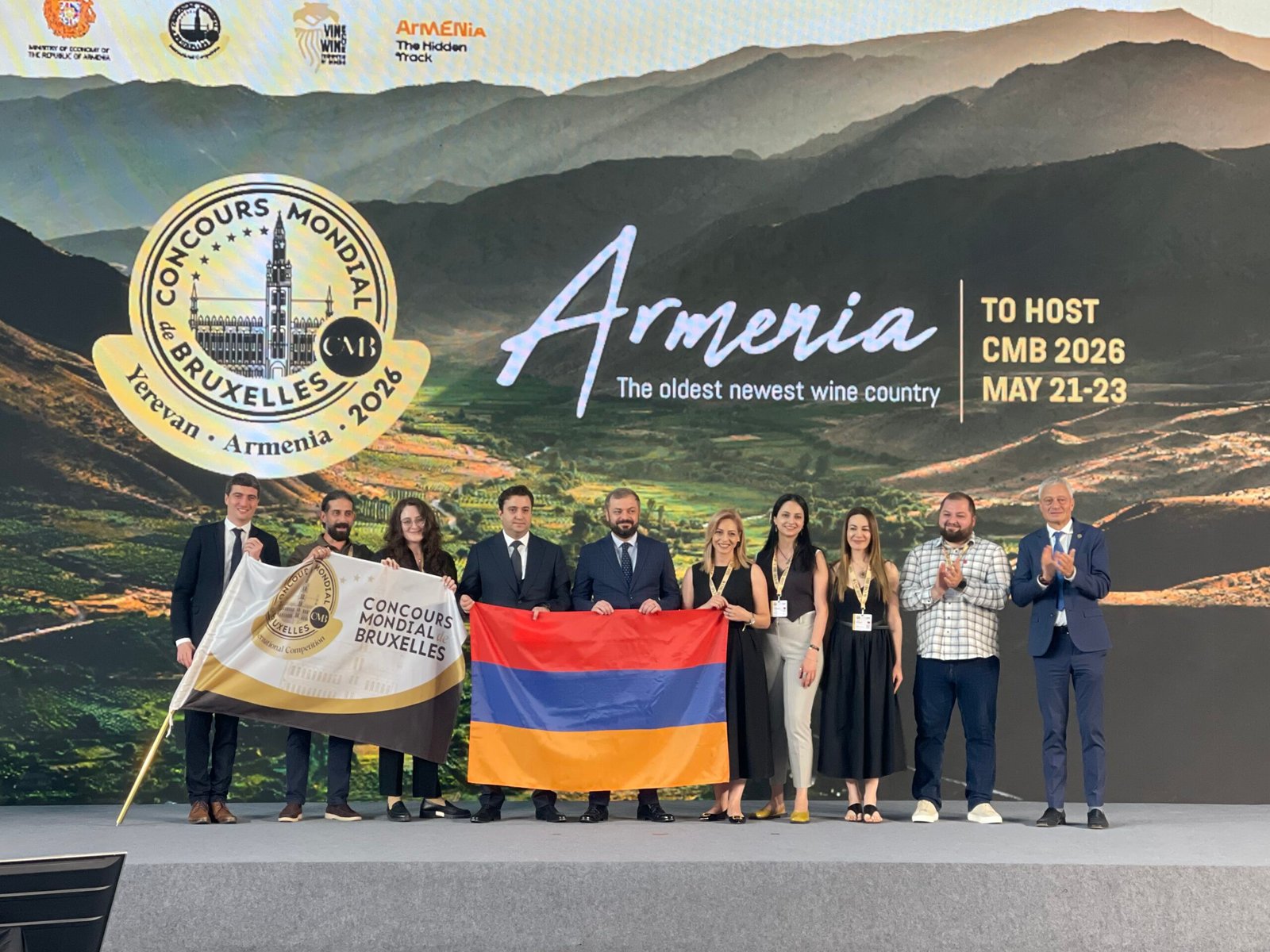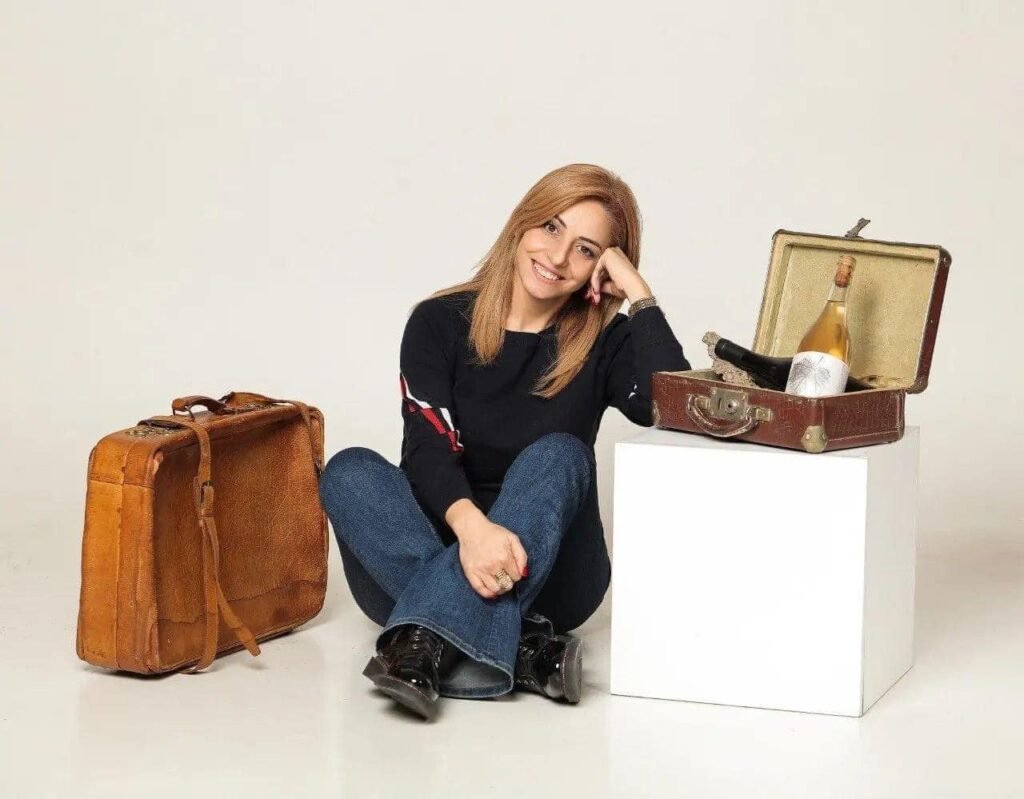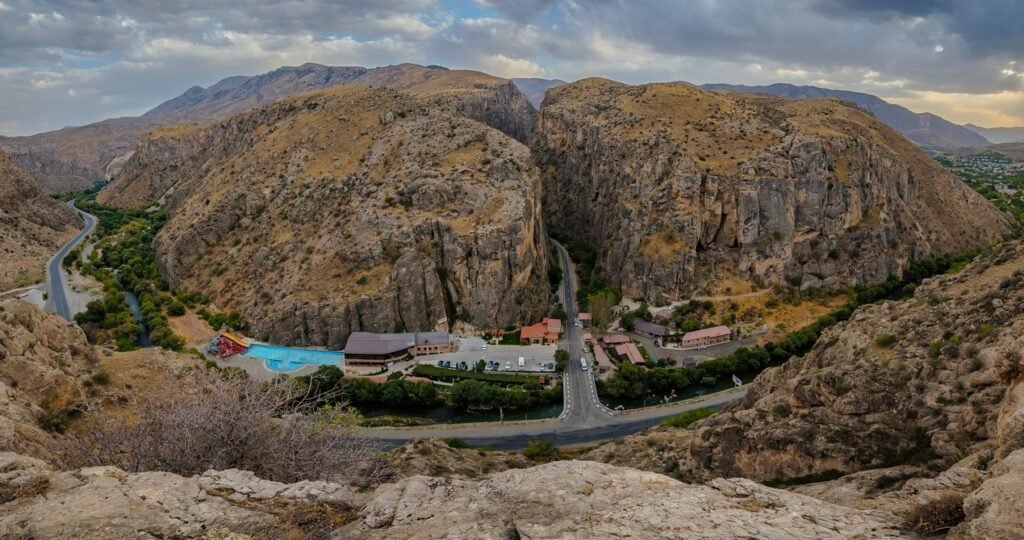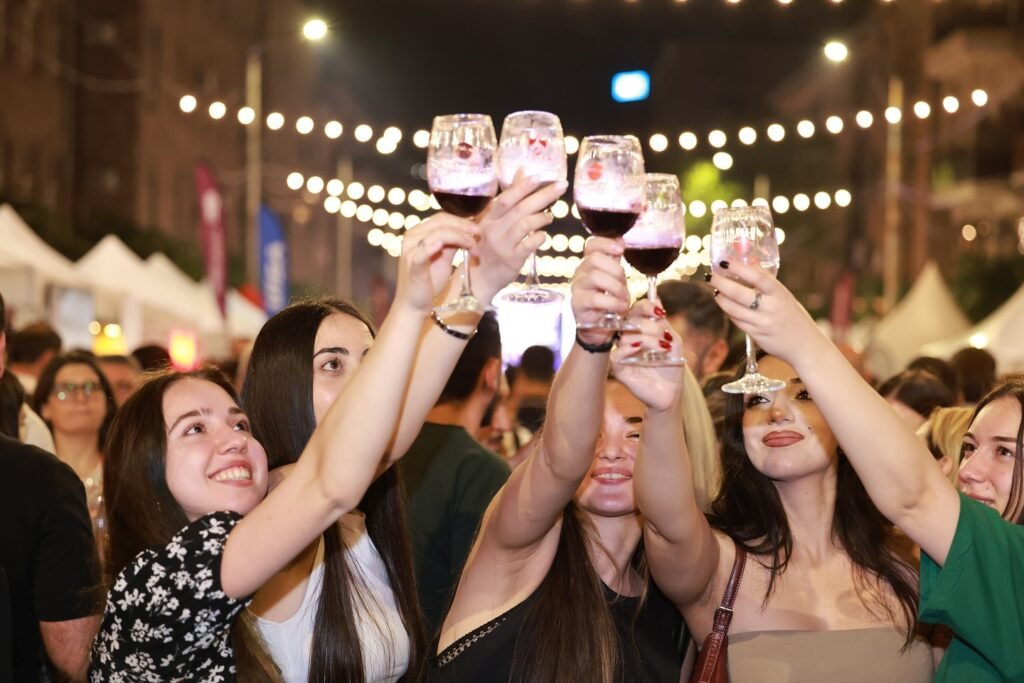
На сайте используются cookie файлы
The site uses cookie files
Данный сайт имеет возрастное ограничение!
This site has age restrictions!
Я подтверждаю, что мне, увы, уже давно исполнилось 18 лет
The world has turned east – and now it turns inward.
After a spectacular session in China, where modern ambition met cultural gravitas, the Concours Mondial de Bruxelles 2026 will travel to the Caucasus – to Armenia – not merely a destination but a return to the cradle of wine.
In Yinchuan, the symbolic relay took place: the flag passed hands, carrying more than colours – it bore history, legacy, and the quiet weight of expectation. “A relay of honour, a continuation of responsibility,” as the hosts said. From China’s futuristic aspirations to Armenia’s archaeological soul, the wine world is not just evolving. It’s remembering.
“We want our guests not only to taste Armenian wine but to feel its time – to understand that each sip is layered with volcanic dust, ancestral wisdom, and modern resurgence,” – shared Zara Muradyan, Executive Director of the Vine and Wine Foundation of Armenia.

The Areni-1 cave Areni -1 Cave – Wine Travel Awards, dating back to 4100 BC, is not a romantic metaphor. It’s a real place: clay jars, grape seeds, and a press – all silent witnesses to a 6,000-year-old winemaking culture.
And it’s no coincidence that 2026 international judges will walk through that cave.
“Visiting Areni-1 will be a key part of the cultural programme,” – Zara explained.
“We believe this archaeological legacy gives Armenian wine depth and significance that the world should truly experience.”
These names may sound foreign in a wine world dominated by Cabernet and Chardonnay. They should. They are. And that’s their strength.
These are Armenia’s autochthonous grapes – born, raised, and rooted on their land. Grown on original roots, some vines are over 120 years old.
These grapes will not be side notes. They will be protagonists.
“Autochthonous varieties are our calling card,” Zara said.
“We’re planning a dedicated tasting session and thematic masterclasses, so our guests can experience their expressive potential and understand their deep connection to terroir.”

Will we see wines aged in karas – Armenia’s answer to the amphora? Yes. But Armenia doesn’t want to be trapped in an image of ancient times only.
“We are a developing wine country, not just a land of ancient techniques,” Zara explained.
“Yes, guests will learn about karas – its story, philosophy, and the wines that emerge from clay — but we are equally showing modern wineries, fresh approaches, and forward-looking producers.”
Organic and biodynamic vineyards, minimal-intervention styles, international collaborations – Armenia in 2026 wants to be seen not as a curiosity, but as a contributor to the global wine conversation.
The Mondial 2026 won’t belong to Vayots Dzor alone.
The programme is set to include all five of Armenia’s winegrowing regions:
“Each region has its own identity, its own story to tell. We’re designing a programme that lets guests experience this richness first-hand – not just through wine, but through the land itself,” said Zara.
Armenia’s recent wine revival wasn’t led by state planning. It was driven by memory. Many of today’s key producers are members of the Armenian diaspora – from California, Argentina and France – who returned, often to forgotten family land, to create something new from something ancient.
“The contribution of the diaspora is truly immeasurable,” – Zara reflected.
“They’ve not only preserved heritage, but shaped the present. Their passion has been key in rebuilding Armenian winemaking and giving it a global voice.”
This story-of-return, of rebuilding, will be threaded through Mondial’s cultural programme, not in PowerPoint presentations, but in vineyard walks, cellar tastings, and fireside storytelling.

Concours Mondial de Bruxelles is not just about scoring bottles. It’s about setting the tone for what matters next in the wine world. Sustainability. Heritage. Integrity.
“This competition helps raise awareness of Armenian wine internationally,” Zara noted.
“But it’s also a chance to exchange practices, values, and innovations. We see it as an inspiration for more mindful, responsible winemaking.”
Armenian producers working with organic or biodynamic methods will be featured through special visits. And B2B meetings will directly connect producers, global buyers, critics, and influencers.

Concours Mondial de Bruxelles 2026 in Armenia is not just an event. It’s an invitation.
An invitation to look deeper. To listen to vines that have withstood centuries. To walk among stones that once pressed grapes in silence. To taste a wine culture that was not built yesterday but awakened today.
“We want every guest to leave with more than tasting notes,” – Zara smiled.
“We want them to carry a feeling. That Armenia is not only where wine began, but where it’s still becoming.”
In 2026, the wine world is not just going somewhere new.
It’s coming home.
D+ Dossier
For the first time in its history, Armenia will host the 33rd edition of the renowned Concours Mondial de Bruxelles, scheduled to be held in Yerevan from May 21 to 23, 2026. The event is expected to bring together over 370 professional wine tasters from at least 49 countries and will provide an opportunity to taste and evaluate around 7,500 wines from around the world. Armenia’s choice as the host country reflects the growing international reputation of its winemaking.
The Ministry of Economy of the Republic of Armenia recently declared the wine sector a strategic priority for the country’s economic and tourism development.
⇒ Join our social networks ⇒ Optimistic D+ editors will take this as a compliment.
⇒ Every like is taken as a toast!
27.01.2026